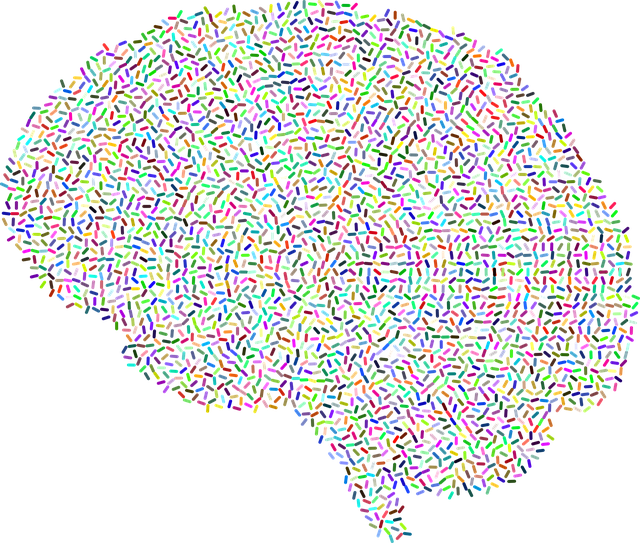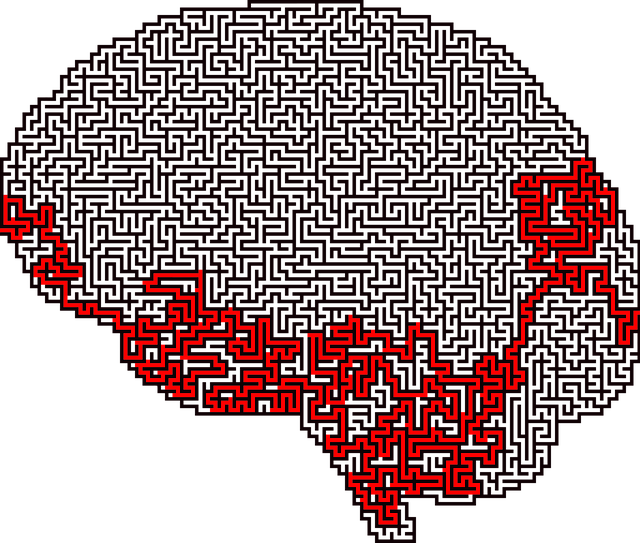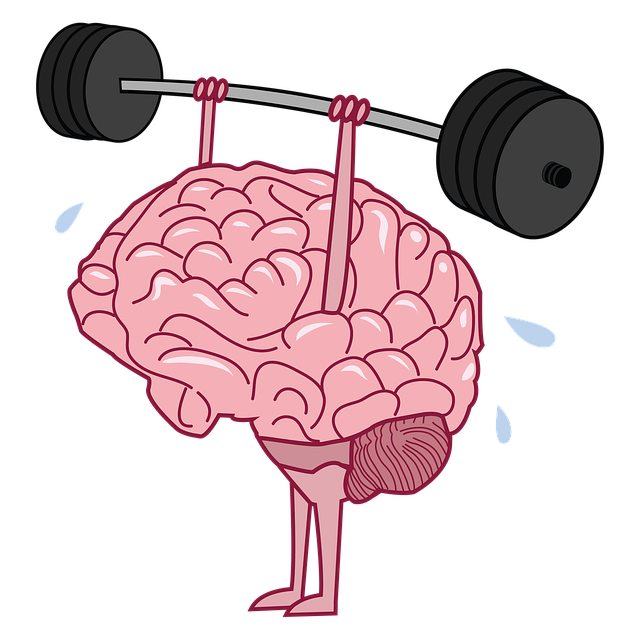Wheat Ridge Functional Neurological Disorder Therapy (WFNDT) is an effective approach for managing emotions in individuals with similar conditions, significantly improving quality of life. By teaching self-awareness, emotional control, and adaptive coping strategies, WFNDT complements Mental Wellness Coaching Programs, boosting self-esteem, empathy, and resilience. Key steps include identifying emotional triggers and using sensory tools like deep breathing and music to regulate emotions. Cognitive reframing techniques enhance emotional intelligence, while community outreach programs spread these benefits widely. Integrating mindfulness and positive thinking through structured programs fosters emotional resilience, promoting a more balanced life through evidence-based mental health education.
- Understanding Emotion Regulation and Its Impact
- Identifying Triggers and Sensory Tools for Management
- Cognitive Strategies for a Calmer Mindset
- Practical Techniques for Daily Life and Long-Term Wellness
Understanding Emotion Regulation and Its Impact

Emotion regulation is a crucial skill that enables individuals to manage and understand their feelings effectively. It involves recognizing and accepting emotions as they arise, while also learning to respond to them in healthy and constructive ways. For many people living with conditions such as Wheat Ridge Functional Neurological Disorder Therapy (WFNDT), mastering emotion regulation techniques can significantly impact their overall quality of life and mental wellness.
By teaching individuals strategies for self-awareness, emotional control, and adaptive coping mechanisms, WFNDT therapy goes beyond treating symptoms by empowering patients to navigate their emotions with greater ease. This approach complements Mental Wellness Coaching Programs Development by fostering Self-Esteem Improvement and Empathy Building Strategies. Through these techniques, individuals gain a deeper understanding of their emotional responses, leading to better decision-making, improved relationships, and enhanced overall resilience in the face of life’s challenges.
Identifying Triggers and Sensory Tools for Management

Identifying triggers is a crucial step in learning to manage emotions effectively, especially for individuals with Wheat Ridge Functional Neurological Disorder Therapy (WNFDT) or other similar conditions. This process involves becoming more attuned to one’s internal and external cues that set off emotional responses. Triggers can be specific situations, people, places, or even certain thoughts and memories. By recognizing these triggers, individuals gain valuable insights into their emotional patterns and can start to develop strategies for coping.
Sensory tools play a significant role in emotion regulation techniques. These tools leverage the power of sensory input to help individuals calm themselves and regain control. For example, deep breathing exercises, progressive muscle relaxation, or engaging in activities that provide sensory stimulation, like listening to soothing music or touching soft fabrics, can all aid in managing intense emotions. Incorporating these strategies into daily routines enables folks to navigate their emotional landscape with greater ease, fostering a sense of resilience and self-awareness, especially within the context of Public Awareness Campaigns Development and Cultural Sensitivity in Mental Healthcare Practice.
Cognitive Strategies for a Calmer Mindset

Cognitive strategies play a pivotal role in emotion regulation techniques teaching, helping individuals cultivate a calmer mindset. This involves challenging negative thought patterns and replacing them with more adaptive and realistic perspectives. For instance, patients suffering from Wheat Ridge Functional Neurological Disorder Therapy can benefit from cognitive reframing, where they learn to view stressful situations from different angles, reducing their emotional impact. By understanding that thoughts influence emotions, individuals gain a powerful tool to manage their mental health.
Incorporating these strategies into daily life through Mental Health Education Programs Design fosters better emotional intelligence. This not only enhances an individual’s ability to recognize and understand their emotions but also equips them with effective coping mechanisms. Community Outreach Program Implementation can further disseminate these techniques, benefiting diverse populations and promoting overall well-being in the community.
Practical Techniques for Daily Life and Long-Term Wellness

Emotion regulation techniques are practical tools for managing daily life stressors and fostering long-term wellness. Techniques such as mindfulness meditation and positive thinking have been shown to significantly enhance mental health, particularly when integrated into structured programs like those offered by Wheat Ridge Functional Neurological Disorder Therapy. Regular practice of these strategies can help individuals navigate challenging situations with greater ease, reduce the impact of negative emotions, and promote overall emotional resilience.
Mental Health Education Programs Design that emphasize emotion regulation offer participants the opportunity to learn and apply these techniques in real-world scenarios. By combining evidence-based practices with personalized coaching, such programs empower individuals to take control of their emotional well-being. This proactive approach not only prevents the exacerbation of mental health issues but also paves the way for a more fulfilling and balanced life.
Emotion regulation techniques offer powerful tools for managing mental health, particularly in navigating conditions like Wheat Ridge Functional Neurological Disorder. By understanding emotional triggers, employing cognitive strategies, and adopting practical daily practices, individuals can foster a calmer mindset and enhance their overall wellness. Integrating these techniques into everyday life allows for better stress management and improved quality of life, providing a comprehensive approach to mental health care.











